To provide the best experiences, we use technologies like cookies to store and/or access device information. Consenting to these technologies will allow us to process data such as browsing behaviour or unique IDs on this site. Not consenting or withdrawing consent, may adversely affect certain features and functions.
The technical storage or access is strictly necessary for the legitimate purpose of enabling the use of a specific service explicitly requested by the subscriber or user, or for the sole purpose of carrying out the transmission of a communication over an electronic communications network.
The technical storage or access is necessary for the legitimate purpose of storing preferences that are not requested by the subscriber or user.
The technical storage or access that is used exclusively for statistical purposes.
The technical storage or access that is used exclusively for anonymous statistical purposes. Without a subpoena, voluntary compliance on the part of your Internet Service Provider, or additional records from a third party, information stored or retrieved for this purpose alone cannot usually be used to identify you.
The technical storage or access is required to create user profiles to send advertising, or to track the user on a website or across several websites for similar marketing purposes.
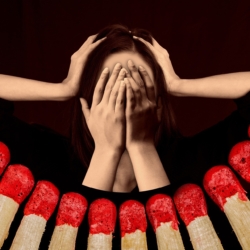 A new study by Adaptavist, suggests the threats to long-term productivity and employee wellbeing posed by improvised solutions during the transition to remote work. Overall, 82 percent of people report they are equally (47 percent) if not more productive (35 percent) working from home, and company-wide communications have improved during the pandemic. However, the lack of a shared understanding of which tool to use and how to communicate with it, combined with the ‘always on’ nature of working from home, brings added stress and motivational challenges for remote workers. More →
A new study by Adaptavist, suggests the threats to long-term productivity and employee wellbeing posed by improvised solutions during the transition to remote work. Overall, 82 percent of people report they are equally (47 percent) if not more productive (35 percent) working from home, and company-wide communications have improved during the pandemic. However, the lack of a shared understanding of which tool to use and how to communicate with it, combined with the ‘always on’ nature of working from home, brings added stress and motivational challenges for remote workers. More →




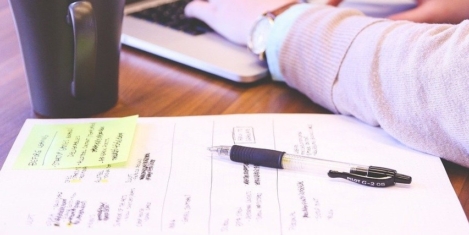
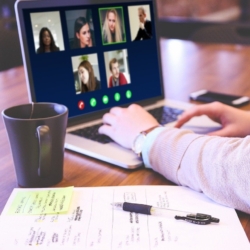 A recent study, which was commissioned by
A recent study, which was commissioned by 



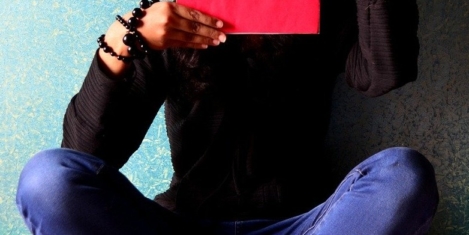

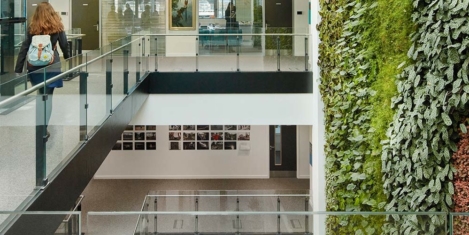
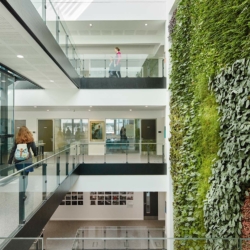






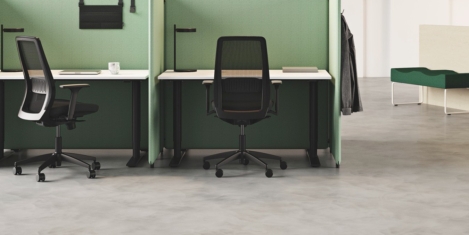
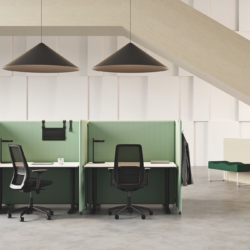

















September 2, 2020
Remote work and the coming race to the bottom
by Mark Eltringham • Comment, Wellbeing, Working lives